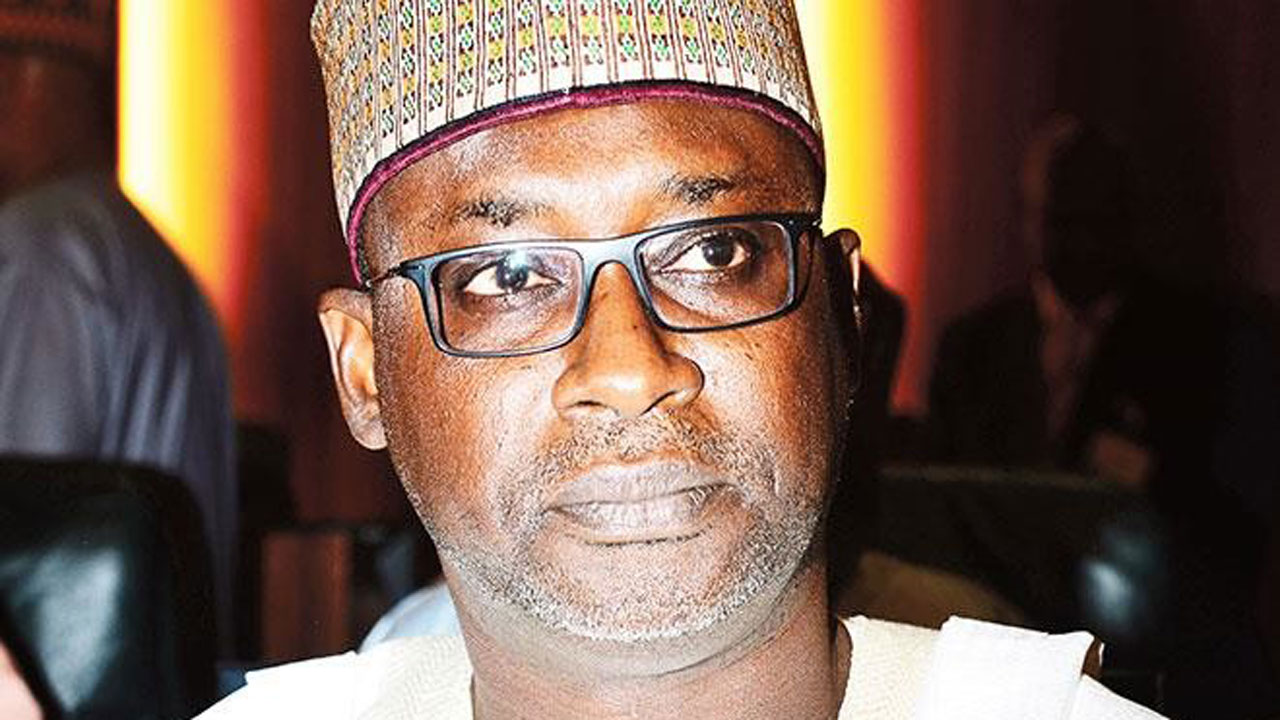News
Partnership, financing key to ending open defecation – Minister

Federal Government has reiterated its commitment to partner the organised private sector in financing and improving corporate social responsibilities in the fight against open defecation practice in the country.
Minister of Water Resources, Mr Suleiman Adamu, made this commitment in a meeting with the Organised Private Sector on Water, Sanitation and Hygiene (OPS-WASH) on Tuesday in Abuja.
According to him, the role of the private sector in the revitalisation of the WASH sector cannot be overlooked, being the engine room for economic growth.
He noted that they were the key players when it comes to creating innovative structures which promotes financing of WASH services.
“I therefore call on you all to support the Federal Government of Nigeria to end Open Defecation in the country, I wish to assure all stakeholders of my ministry’s commitment towards improved co-ordination, partnership and implementation of WASH programmes.
“This is expected to address the water, sanitation and hygiene inadequacies in our cities and communities, and add to the scale-up processes in our joint effort to tackle the situation.
“I wish to appreciate the contributions of all our development partners who have contributed immensely in bringing together an organised private sector, and other partners for their immense efforts and persistence which resulted in this incredible initiative,’’ he said.
Adamu said Nigeria was currently the country with the highest number of people practicing open defecation in Africa and about to be ranked first globally with an estimated 47 million people involved in the act.
He said it was worrisome that more than two-thirds of the population were without access to basic sanitation facilities.
He noted that the Sustainable Development Goal (SDG) 6 focused on achieving access to adequate and equitable sanitation and hygiene for all and end open defecation.
“The SDGs have also thrown up many hurdles that will require collaborative efforts in overcoming them.
“Besides the exposure to diseases, lack of dignity and inconveniences experienced when practicing open defecation due to non-availability of sanitation facilities, women and girls especially, are exposed to violence, including rape, when they have to go out at night to defecate in the open.
“As part of efforts to address this issue, with particular reference to ending open defecation, a National Roadmap towards making Nigeria Open Defecation Free (ODF) by 2025 was developed and launched in 2016.
“However, only minimal progress has been achieved in the implementation of the Roadmap, with only 16 LGAs across the country so far certified as open defecation free according to the National ODF Protocol,’’ Adamu said.
The minister said since after the inauguration of the Partnership for Expanded Water, Sanitation and Hygiene (PEWASH), 29 States have signed the Protocol.
He said it was an opportunity for the sector to leverage on available expertise, technology and financial resources of all stakeholders.
Adamu added that the ministry would continue to strengthen coordination towards changing the narrative of poor access to sanitation services and ending open defecation in the country.
Earlier, Dr Nicholas Igwe, National Coordinator, Organised Private Sector WASH, noted that the role of private sector in scaling up water and sanitation services in the country cannot be over-emphasised.
He called for more commitment from all parties involved.
According to him, the private sector has commenced discussion with the Nigeria Diaspora Commission to see how one million Diasporas could adopt one toilet each for one household.
He said the Organised Private Sector were the engine of the country.
Adamu said that Nigerian government has shown the highest commitment in its declaration of a state of emergency in the sector and in the recent order 009 from the President Muhammadu Buhari.
Mr Zaid Jurji, UNICEF Chief of WASH, appreciated Nigeria’s efforts and its momentum towards ending open defecation in the country.
He said the `Clean Nigeria: Use The Toilet Campaign was borne out of the impressive efforts Indian government made at ending open defecation in rural area.
Jurji called for such political will and increased commitment to reversing the trend.
The chief WASH said Nigeria’s progress was slow following increasing demography, from uncontrolled population expansion, saying there is the need to close gaps in a sustainable manner.
He added that UNICEF was using the Community-Led Total Sanitation approach to encourage communities to build and use toilets, and to promote behaviour change, adding that ending open defecation comes with collective partnerships.
Mrs Abike Dabiri-Erewa, Chief Executive Officer, Nigeria Diaspora Commission, said the leadership role that the Federal Government was taking in ending open defecation practice was impressive.
She added that open defecation was an embarrassment to the country.
Dabiri-Erewa stressed the need for collective partnership, saying million of Nigerians in the Diaspora have shown interest to reverse this trend.
“Nigeria needs more commitment from the sub-national levels, there must be penalty for actions, this must be tied to accessibility and availability of toilet facilities especially in rural areas,’’ she said.




 Davido's Net Worth & Lifestyle
Davido's Net Worth & Lifestyle 
